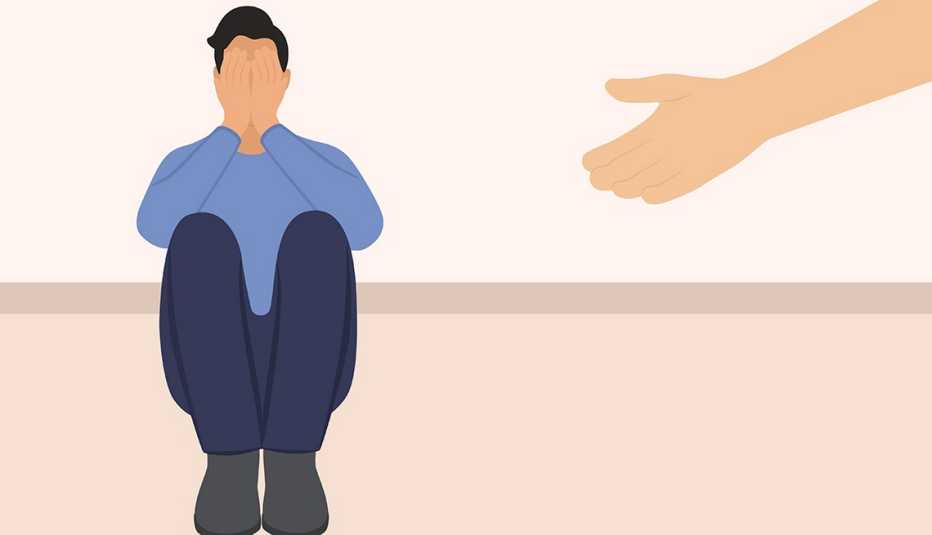AARP Hearing Center


Caregiving for people with mental illness is not discussed as publicly as other types of caregiving, like that for cancer or dementia. Perhaps it’s a fear of stigma or wanting to protect a loved one’s privacy, but this form of “quiet” caregiving can leave family caregivers without the guidance and resources they need in times of crisis.
One of the hardest things to handle for a caregiver is when a loved one’s mental illness morphs into a more serious psychiatric emergency called psychosis. Psychosis is defined by the National Institute of Mental Health as “a collection of symptoms that affect the mind, where there has been some loss of contact with reality.”
While psychotic episodes are not common — according to the National Alliance on Mental Illness (NAMI), 3 out of every 100 people will experience a psychotic episode in their lifetime — if an episode occurs once, there’s a 50 percent chance that it will happen again in the person’s lifetime, meaning that the patient and the caregiver need to be prepared for possible future events.
Psychosis often presents itself suddenly with attempts at self-harm, altered perceptions of reality, drastic changes in mood and behavior, or delusions and hallucinations. It can be uncharted territory for the caregiver and a chaotic time trying to help the person in an emergency.
What triggers psychosis?
Many things can trigger a psychotic episode. Substance abuse, trauma, physical illness or injury, or genetics could play a role. If the person in crisis doesn’t already have a diagnosis that points to the cause of the psychotic episode, then seeking medical treatment that leads to a diagnosis is going to be necessary. But getting the person stabilized during an emergency is the first priority.






































































More From AARP
Bruce Willis’ Wife: ‘Hard to Know’ If He Understands His Condition
Emma Heming Willis gave 'Today' show an update on husband’s frontotemporal dementia5 Tips for Difficult Family Caregiving Conversations
Before you jump in, do your homework first
6 Ways to Prevent Someone With Dementia From Getting Lost
Steps family caregivers can take to keep loved ones safe